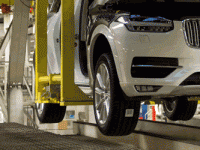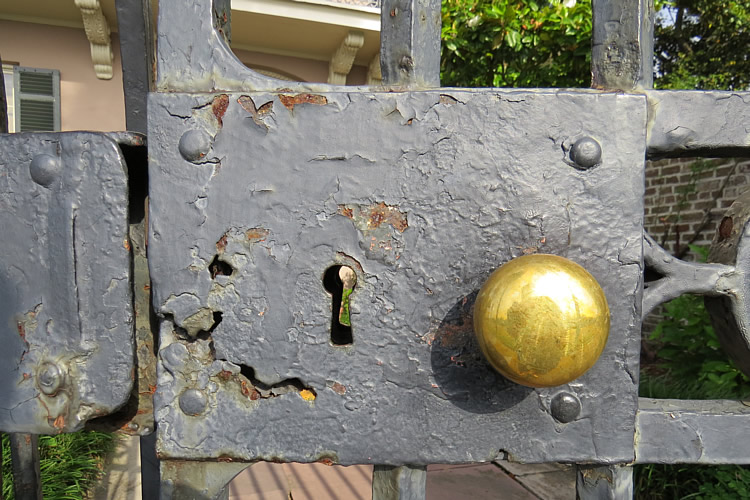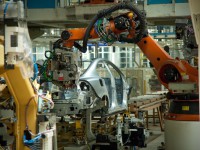FOCUS: Future bright for Volvo, Charleston
By Kyra Morris, contributing editor | In May of 2015, Volvo chose South Carolina to build its first plant in North America. Volvo will build its factory on a 2,800-acre parcel of the Camp Hall Industrial Campus near Ridgeville in Berkeley County. It will be a 575-acre first phase development with an initial 2,000-worker assembly plant. Volvo’s investment for its American presence in our home state will begin at $500 million.
Why Ridgeville? Ridgeville is a small town with a population of approximately 2,000 people who live 12 miles northwest of Summerville. Ridgeville is also 30 miles from a thriving port that currently exports more than 800 BMWs a day. The proximity to a vital port that provides access overseas is a very important factor for Volvo.






 We Can Do Better, South Carolina!
We Can Do Better, South Carolina!

























Recent Comments